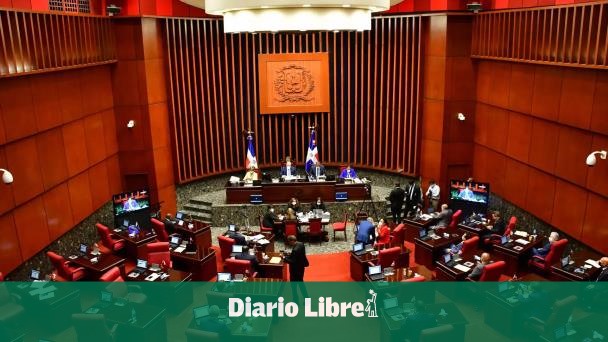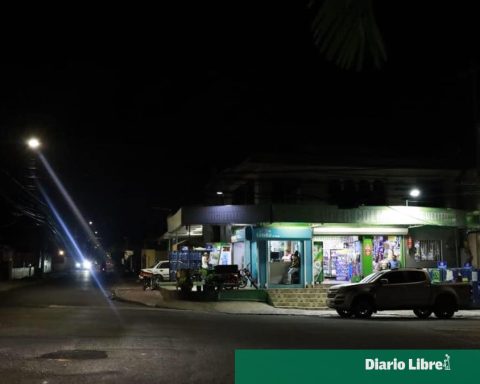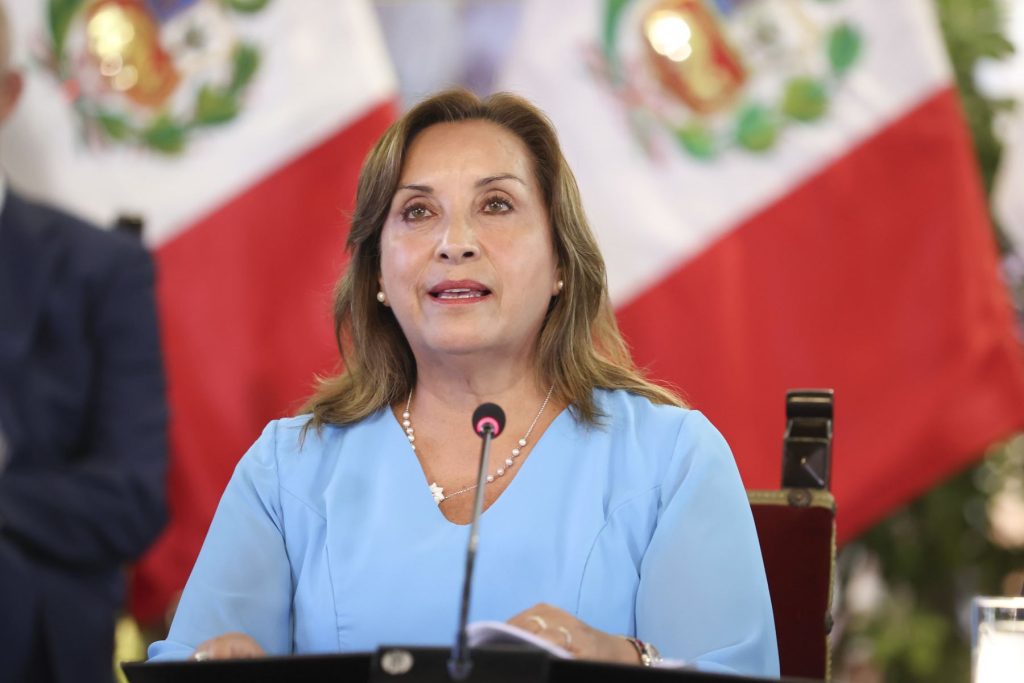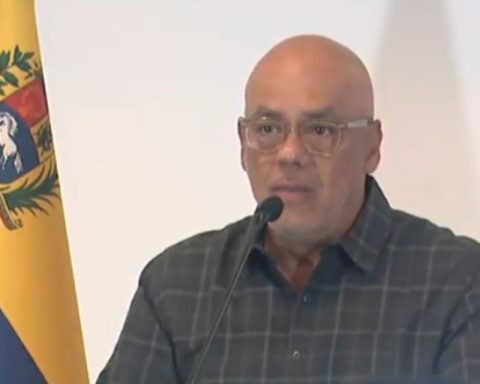The recent increase in loan approvals by Congress, nor represents a concernafter the withdrawal of the proposal reform fiscalsince said financing was contemplated in the budget General of the State approved for 2024.
“These loans are part of the financing need established in the budgetwhich includes covering a projected deficit of 242,817 million pesos and amortization payments of debt for 08,000 million pesos,” explained economist Nelson Suárez, who also works on public financing issues at the World Bank.
The current congressional period began on August 16 of this year. From that date until October 19, when the reform fiscal of the Congresslegislators approved two loans. While from October to December 18, nine contracts were authorized indebtedness for a total of 2,115 million dollars.
In that period, the Congress validated the loans intended for programs such as climate change, blackouts, the improvement of electrical networks, the management of solid waste in Santo Domingo or the management of the Duquesa landfill.
Although he does not consider that the loans are problematic in the short term, nor are they directly linked to the failed reform fiscalSuárez warned about the growing weight of the service of the debt in it budget national, which could exceed the budgets of critical sectors such as education and health.
“If he indebtedness continues to increase without reducing the deficit fiscalthe country could face financial unsustainability in the near future,” he warned.
The path of debt
The withdrawal of the reform fiscalwhose main objective was to reduce the deficit, leaves the Government with two options: increase revenue through taxes or reduce the spent public. However, according to Suárez, “governments have historically chosen the simplest route: going into debt, leaving the problem for future administrations.”
Suárez also questioned the predominant economic model, in which the indebtedness has become the recurring solution to finance the spent public. “In the last four years, this government has borrowed nearly $23 billion. It is an unsustainable pace. Either expenses are reduced or income is increased, but no one wants to assume the political responsibility of implementing the necessary measures,” he indicated.
The economist criticized that the resources are not always used efficiently, pointing to practices”clientelists“that divert funds to programs immediate impact, but little long-term sustainability.
Although the withdrawal of the reform fiscal relieved political pressure for governmentSuárez stated that this decision only postpones the need to face reality fiscal of the country.
“He indebtedness massive is not a sustainable solution. If responsible measures are not adopted, at some point international markets could be closed to us, and then we would have a serious problem,” he concluded.

















